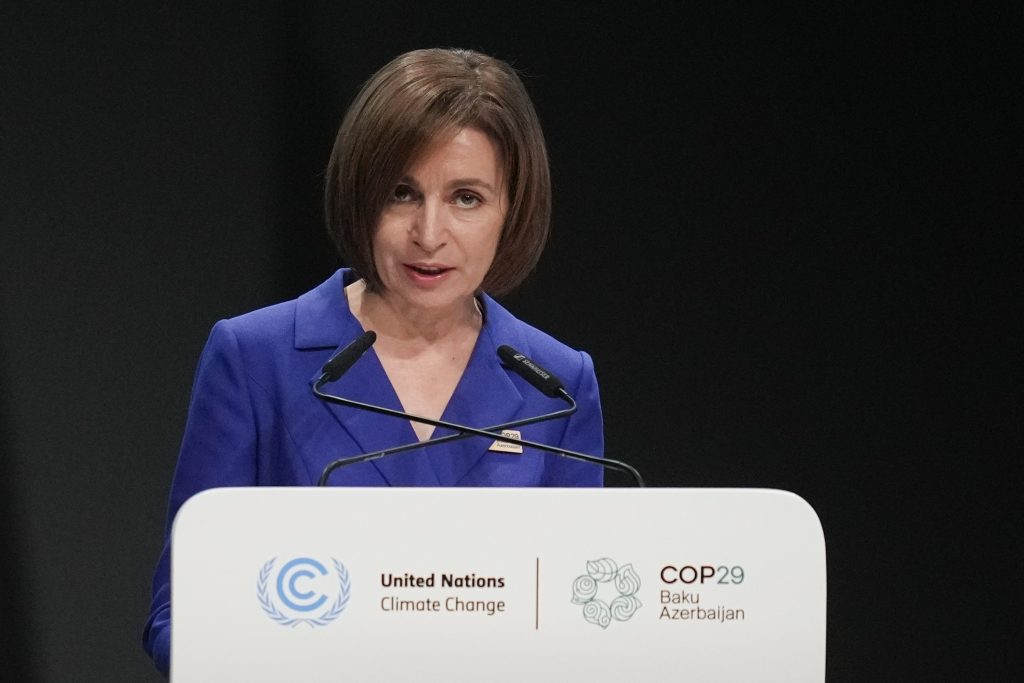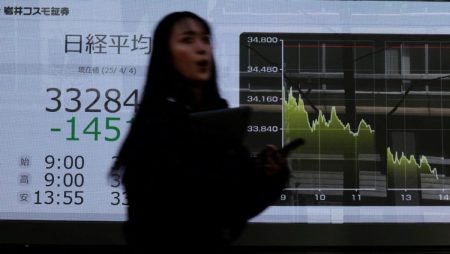Moldova’s parliament has declared a 60-day state of emergency in its energy sector, beginning December 16th, in anticipation of potential disruptions to its natural gas supplies from Russia this winter. This preemptive measure reflects the country’s vulnerability to Russia’s energy leverage, particularly given its dependence on the Kuciurgan power plant located in the breakaway region of Transnistria. This plant, fueled by Russian gas, is critical for Moldova’s electricity supply, creating a precarious situation as winter approaches and the risk of politically motivated gas cuts from Russia looms large. Prime Minister Dorin Recean has warned of a potential “weaponization” of energy supplies by Russia, highlighting the severe consequences of such action, including potential blackouts and heating shortages during the coldest months.
Moldova’s dependence on Russian gas stems from historical ties and the legacy of Soviet-era infrastructure. The Kuciurgan power plant, while located in Transnistria, plays a vital role in Moldova’s energy security, further complicating the situation. Although Moldova has been striving to diversify its energy sources, its reliance on Russia remains substantial, making it susceptible to pressure from Moscow. The vulnerability was starkly exposed in late 2022 when Russian strikes on Ukraine’s energy grid, interconnected with the Kuciurgan plant, led to significant power outages in Moldova. This incident underscored the precariousness of Moldova’s energy security and the potential for Russia to exploit this dependence for political gain.
The situation is further exacerbated by the political complexities surrounding Transnistria, a self-declared republic heavily reliant on Russian support. Transnistria has also declared a state of emergency in anticipation of potential gas disruptions, highlighting the interconnectedness of the region’s energy security with Moldova’s. This parallel declaration underscores the regional impact of potential Russian actions and the broader geopolitical tensions in Eastern Europe, where energy has become a key instrument of political pressure. The confluence of these factors – Moldova’s energy dependence, the significance of the Kuciurgan plant, and the instability in Transnistria – creates a highly volatile situation with potential for severe humanitarian consequences during the winter months.
Moldova’s government, led by pro-European President Maia Sandu, is acutely aware of the risks and is actively seeking support from its Western allies. Romania, a neighboring EU member, has pledged assistance in the event of a gas shortage, emphasizing the regional solidarity in the face of potential Russian aggression. This commitment provides a degree of reassurance to Moldova and signals a broader European effort to counteract Russia’s attempts to destabilize the region through energy manipulation. Moldova’s pursuit of closer ties with the EU, affirmed by a recent referendum showing strong support for EU accession, further underscores its commitment to breaking free from its dependence on Russia and aligning itself with Western institutions.
However, the path towards energy independence and closer European integration is fraught with challenges. Russia has a history of interfering in the domestic affairs of former Soviet republics, and Moldova is no exception. While Moscow denies involvement in efforts to derail Moldova’s westward trajectory, concerns about Russian influence persist, particularly given the ongoing conflict in Ukraine and Russia’s demonstrated willingness to use energy as a political weapon. Moldova’s government faces the difficult task of balancing its immediate energy needs with its long-term strategic goals, while navigating the complex geopolitical landscape and managing the risks of Russian interference.
The declaration of a state of emergency provides Moldova with the legal framework to implement contingency measures and address potential energy shortages proactively. This includes the ability to bypass standard procurement procedures and access alternative energy sources more quickly. However, the ultimate success of these measures depends on several factors, including the severity of any potential disruptions from Russia, the effectiveness of international assistance, and the government’s ability to implement its emergency plans effectively. The coming months will be crucial in determining whether Moldova can successfully navigate this challenging period and secure a stable and reliable energy supply for its citizens. The situation remains precarious, and the stakes are high, with the well-being of millions of Moldovans hanging in the balance as winter approaches.










